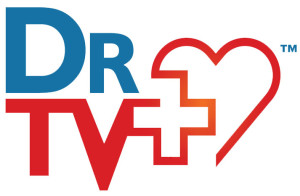Screening for common cancers is widely promoted by many health advocates. However, for adults at average-risk without symptoms, it’s important to be strategic about such testing, according to experts, who say that too much screening can be harmful and provide little benefit.
“Numerous studies show that patients and many physicians overestimate the benefits of cancer screenings and are unaware of the harms associated with them,” says Dr. Wayne J. Riley, President of the American College of Physicians (ACP), the largest medical specialty organization and the second-largest physician group in the United States.
In a recent paper published in Annals of Internal Medicine, the ACP issued advice for screening average-risk adults without symptoms for breast cancer, cervical cancer, colorectal cancer, ovarian cancer and prostate cancer.
“Smarter screening does not just mean more of it. High value care involves letting patients know about both the benefits and harms of screening, and encourages them to get screened at the right time, at the right interval and with the right test,” says Riley.
Harms of screening include a high rate of false positives and over-diagnosis, leading to the need for more unnecessary testing, anxiety, and overtreatment of conditions that will never lead to health problems.
Evidence shows that some people have continued psychological effects, such as anxiety, problems sleeping, and intrusive thoughts months after a false positive. Because false positives are so common, the number of people who have these problems is very large, much larger than the number of people who are helped by low value screening.
The ACP’s High Value Care initiative encourages physicians to implement a health care strategy that focuses on tests or treatments that improve health, avoid harms and eliminate wasteful practices. To learn more about your risk for common cancers and what tests are right for you, visit https://hvc.acponline.org/.
Shared decision making is important when deciding on any kind of screening. Discuss your goals, values, and preferences with your own health care provider before requesting or rejecting a cancer test.
“Although screening leads to important benefits for some cancers and some people, it can also lead to significant harms to many more people than those receiving benefits. Determining the right screening strategy is complex, but not impossible,” says Riley.
-StatePoint



